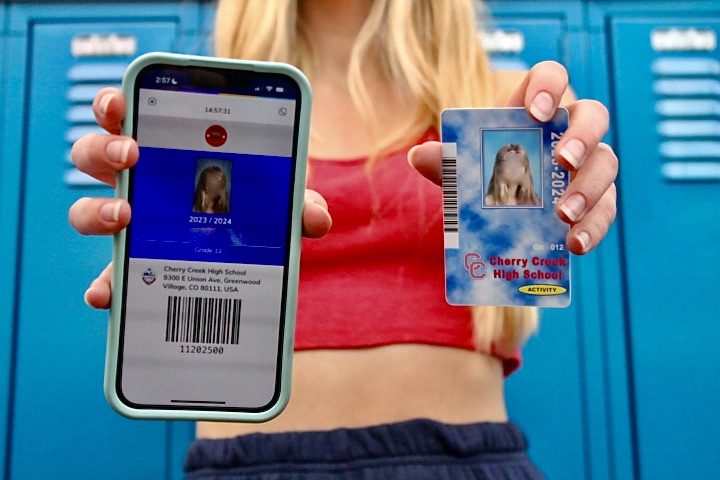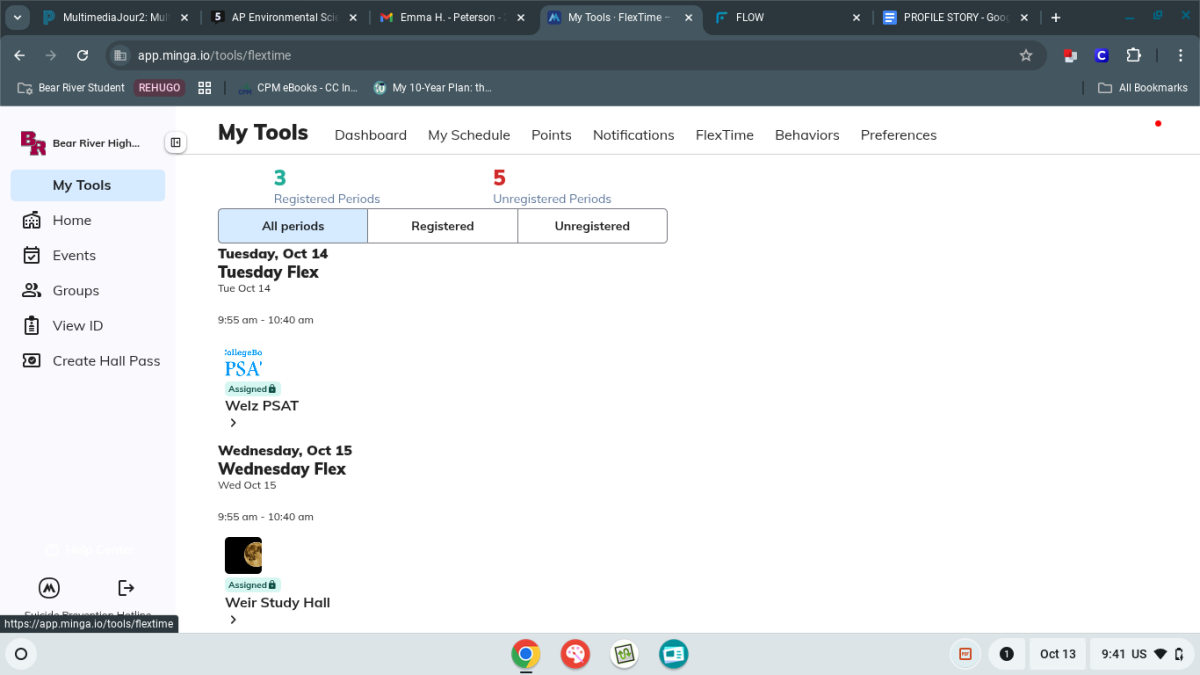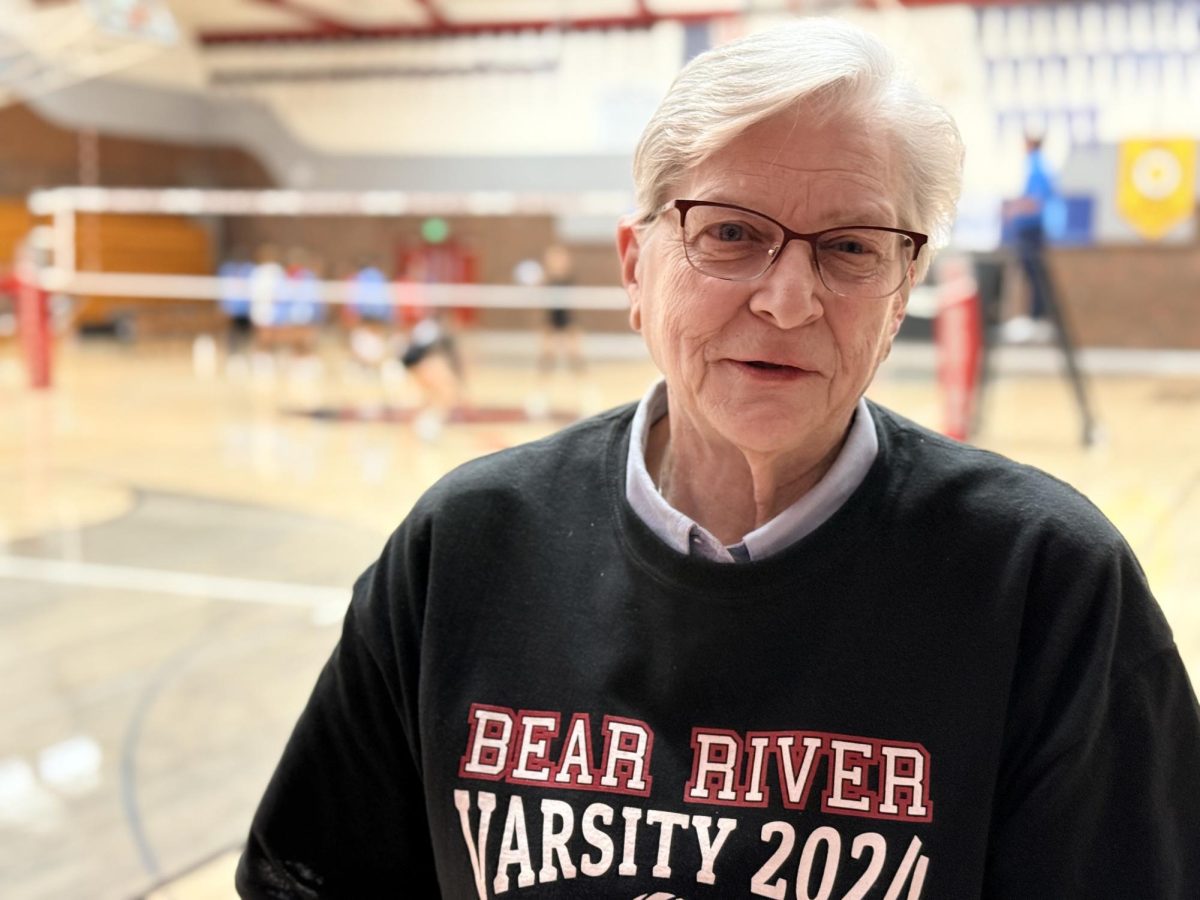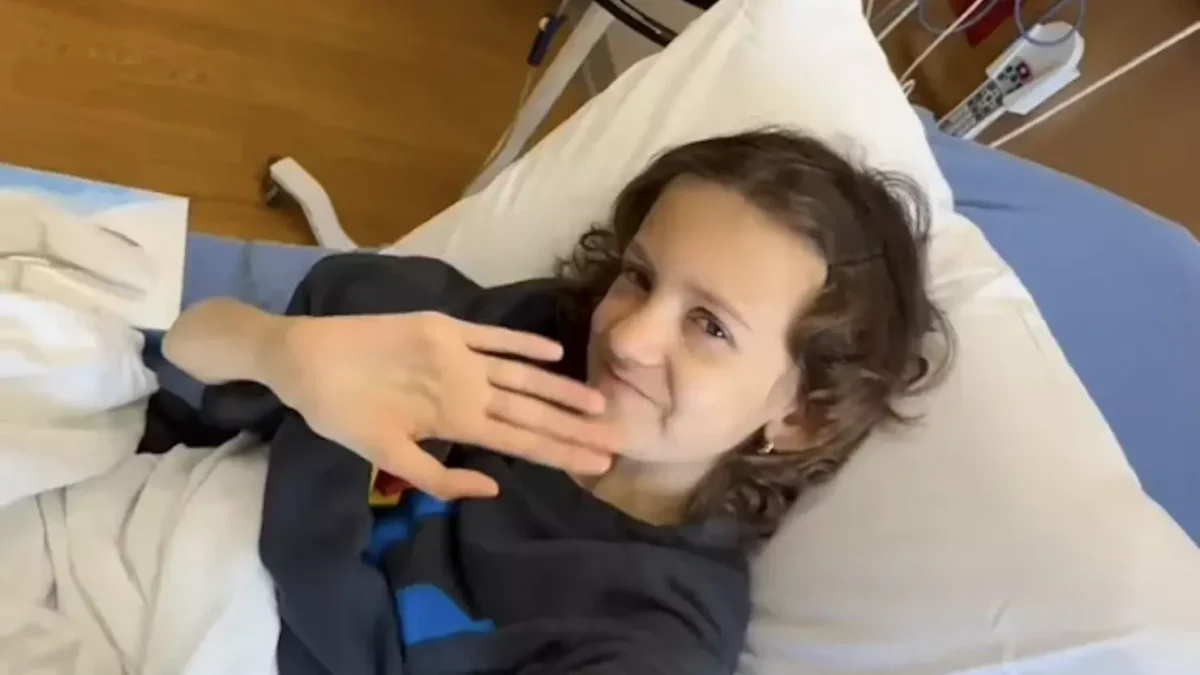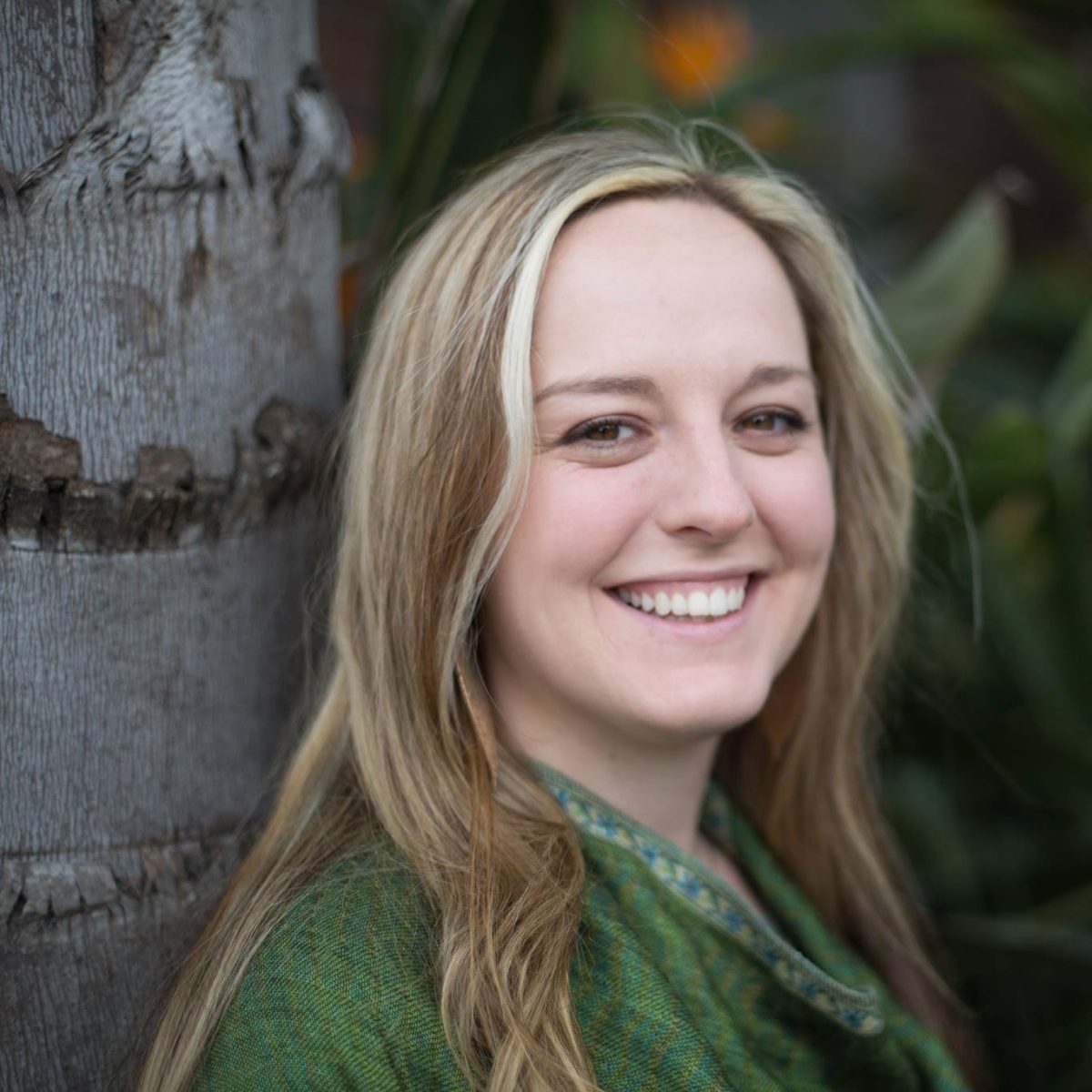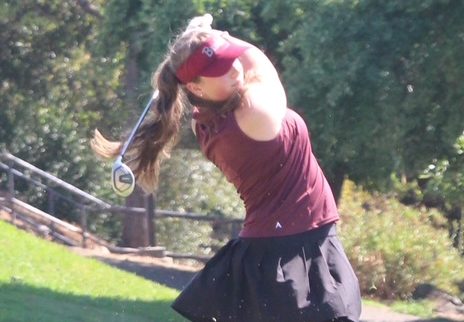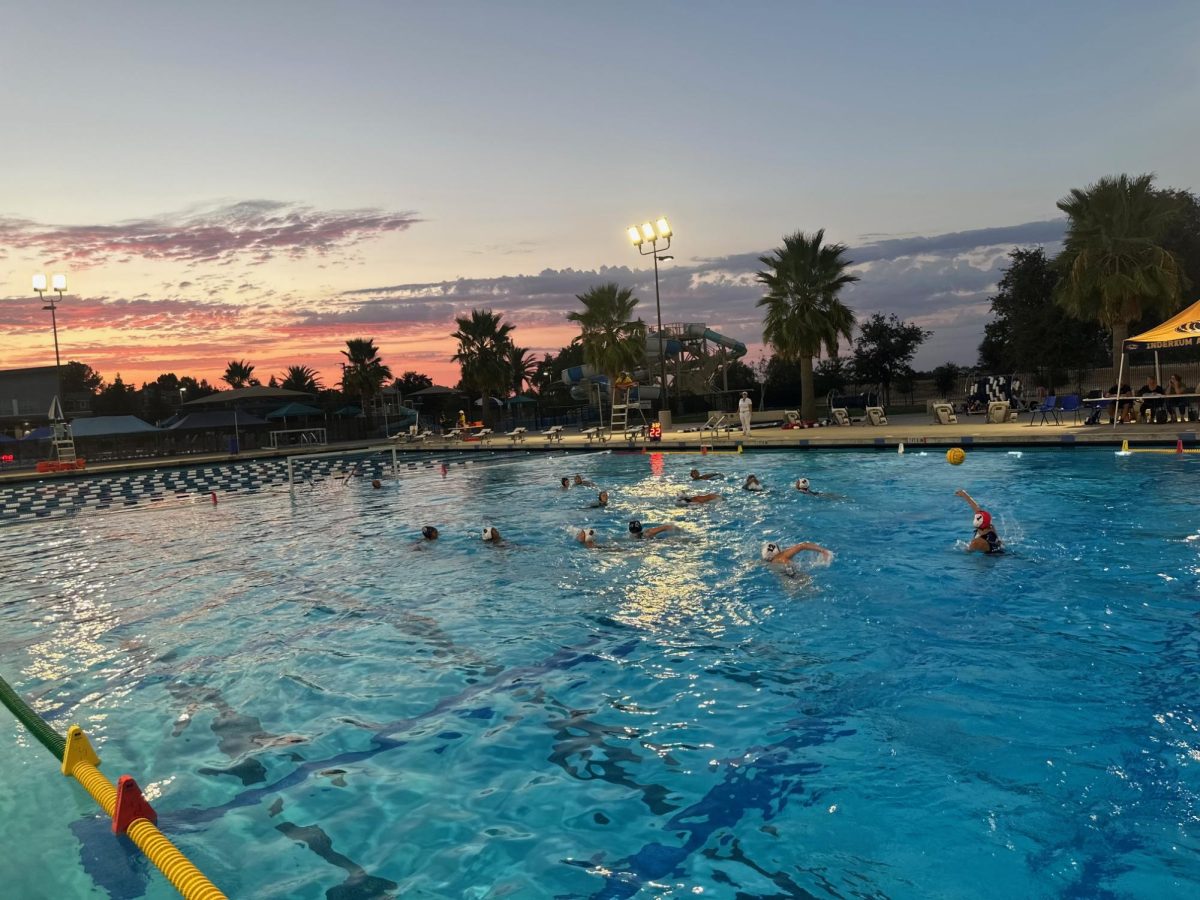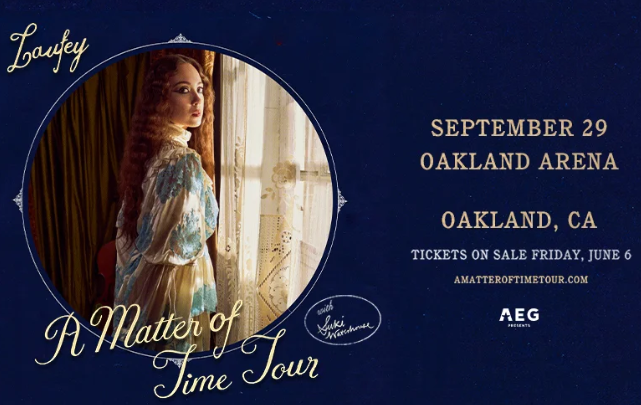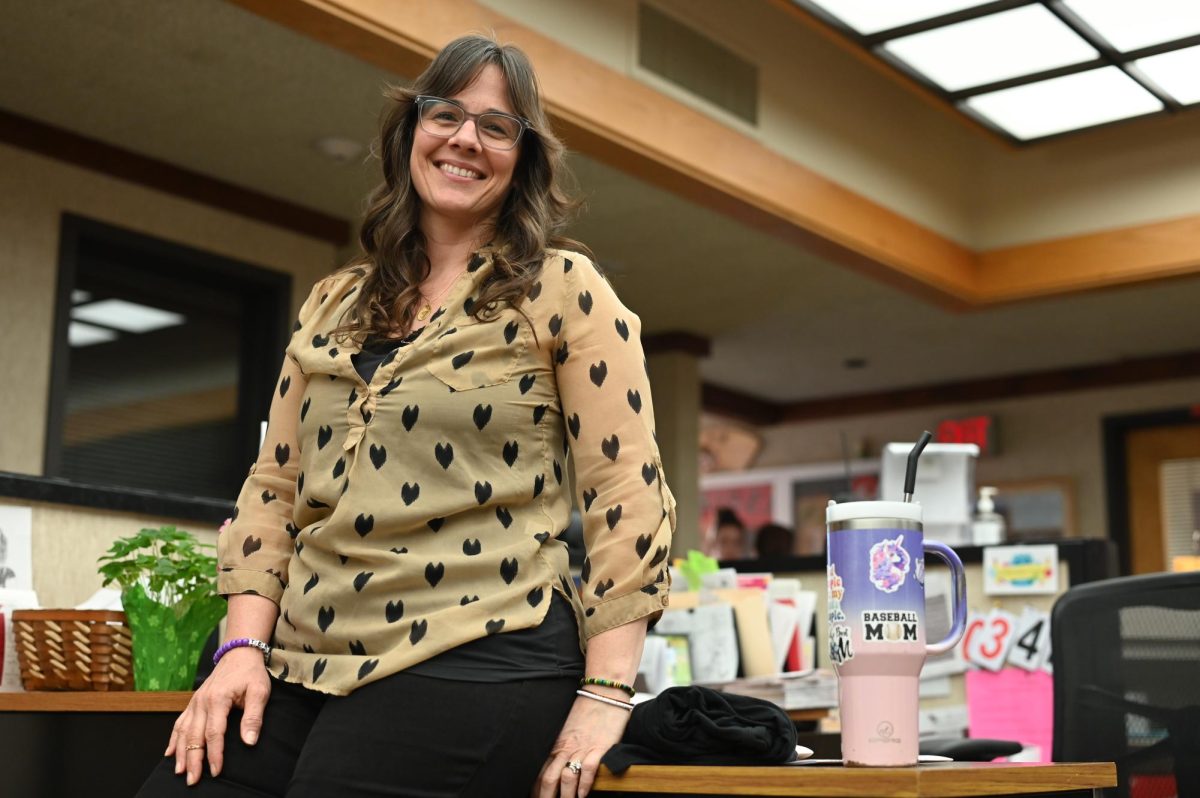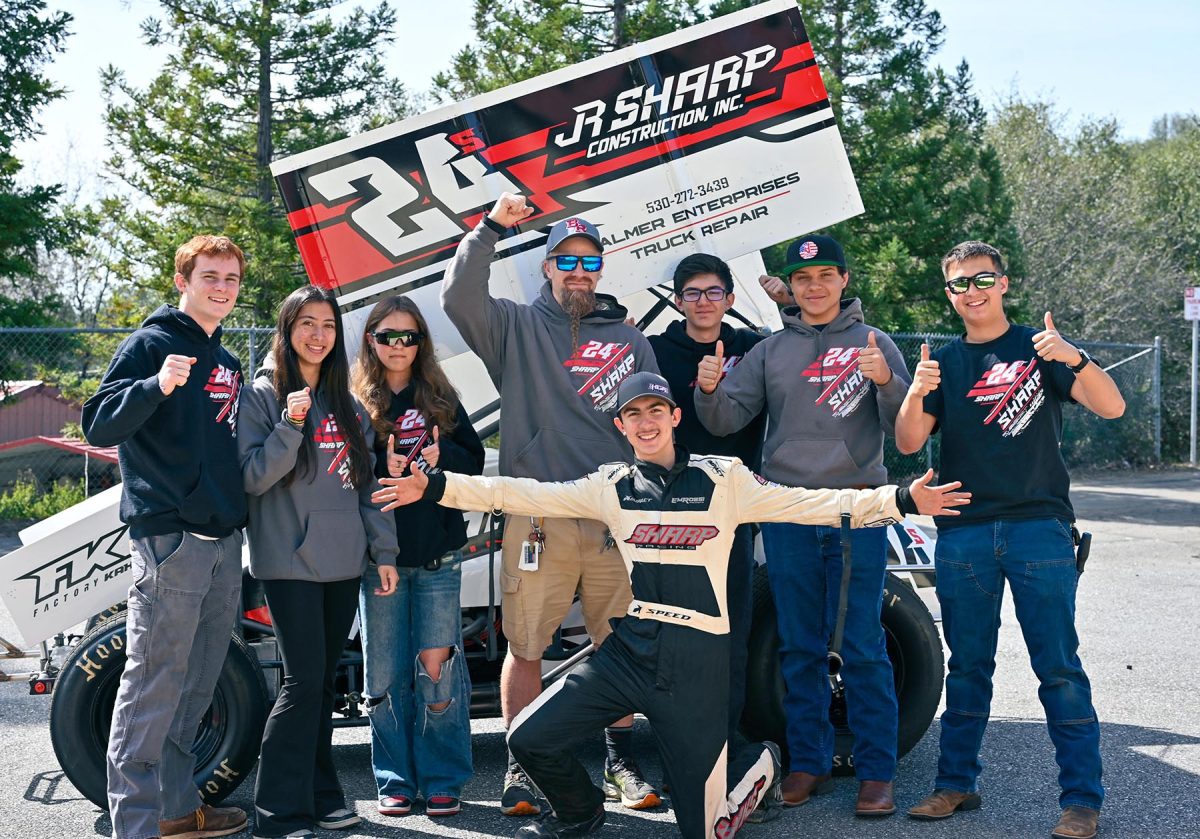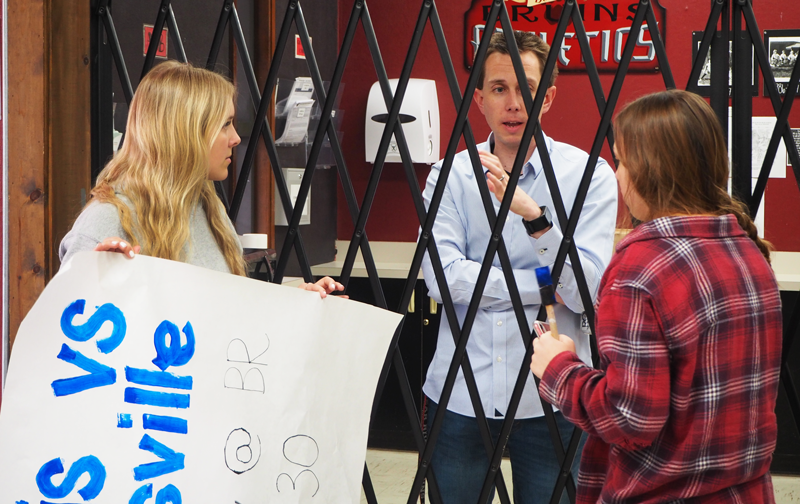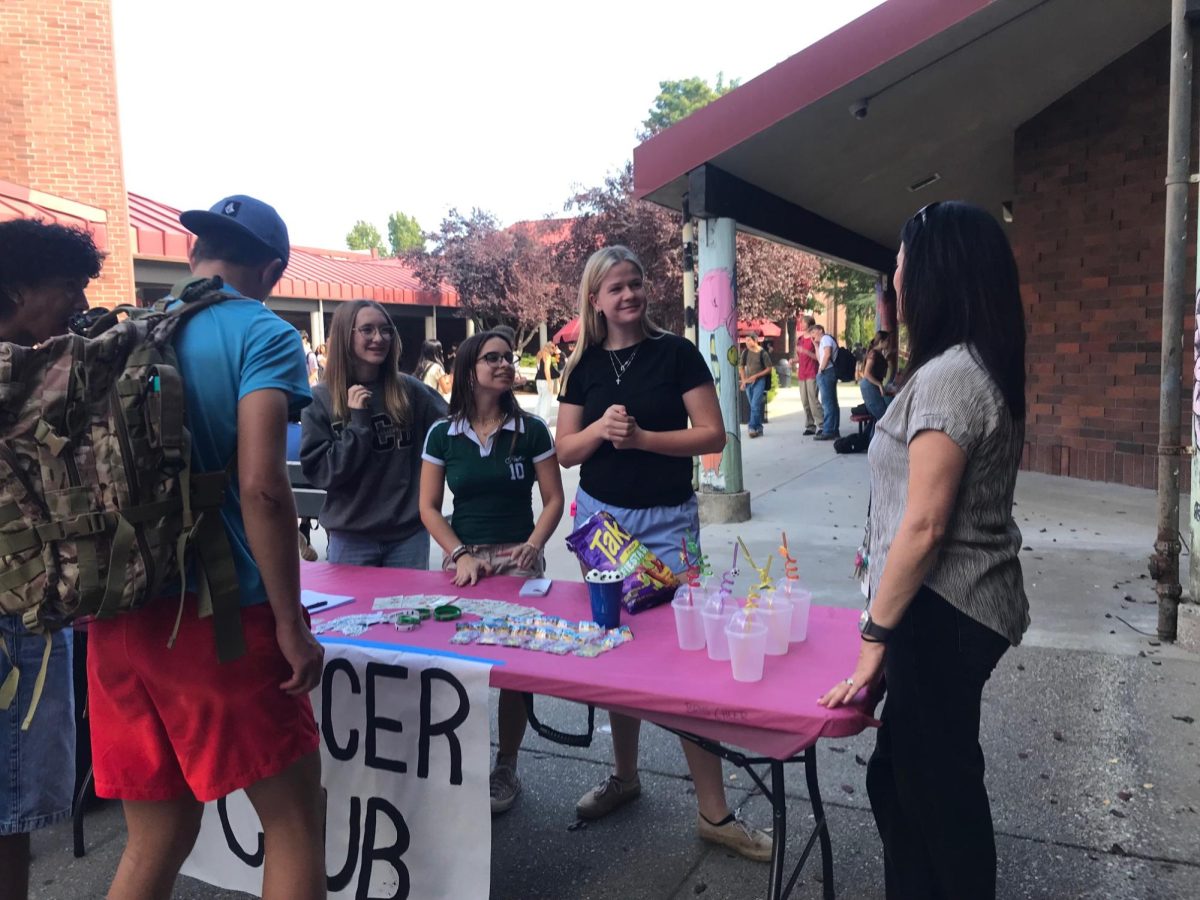This past week, students at Bear River were tasked with the important decision of voting for the 2019-20 Associated Student Body (ASB) leadership.
With the results being announced over social media on April 4, Junior Sarah Kennedy received the highest number of votes and, therefore, the role of next year’s ASB President. Working beside her next year will be Juniors Noelle Rivett as Vice President, Jenna Hook as Secretary, and Zoey Moody as Treasurer.
Leadership Advisor Matt MacDonald added his votes of support for these four students.
“I think Bear River elected four very driven young ladies who have a broad and bold agenda to enact positive change on our campus,” he said. “I want to do whatever I can in my power to support them and guide them as they get acclimated to their new duties and responsibilities.”
Senior Maggie O’Callaghan, current ASB president, added her thoughts on the new leadership.
“They’re going to do great,” she said. “I think the junior class is really responsible, and the people that their student body chose are going to do a great job. I think any of them would have been great candidates.”
Rivett explained details outlining her future plans to improve Bear River.
“We hope to improve school spirit, because I know a lot of people look at our school and don’t see a lot of that, and we wish we had more,” she said. “But, it’s kind of hard to get participation, so I think that we’re going to try to increase that [as well].”
Kennedy described additional changes she wants to focus on.
“[I want to improve the] communication on what we’re doing and attendance at events,” she said. “Make sure we get the word out there, so everybody knows what’s happening, so the attendance rates will go up.”
Mr. MacDonald went on to explain what it means to be a part of the student council.
“They have an incredible amount of work ahead of them,” he said. “Together, we will be attending some leadership conferences this spring to give them as much support as possible for their new jobs.”
Kennedy expressed why she decided to run in the election alongside Rivett.
“I’m Junior Class President now, so we just felt we have a lot of experience in the class,” she stated. “I’ve been a class officer since freshman year, so this is what I always wanted.”
“Sarah and I have just worked together for a lot of things so we make a good team,” Rivett added. “It kind of just worked out.”
Mr. MacDonald emphasized what is truly important to exemplify as a member of student leadership.
“I believe leadership at its core is all about influence and service,” he said. “I am excited to work with our incoming officers to find ways to expand their influence and better serve our school.”
Both Kennedy and Rivett had similar ideas of what it means to be a leader.
“Having a positive influence,” voiced Kennedy.
“I think leadership, clearly, is a big factor in that,” Rivett said. “ … And accepting people because if they feel judged, then they’re not going to listen to you.”
Mr. MacDonald stated that “we had the highest voter turnout in four years.” He went on to explain what this meant to Bear River.
“It shows that students at Bear River High School are passionate about the future and direction of our school,” he said. “At the end of the day, it is ultimately up to the candidates to inspire voter turnout and direct voters how to cast their ballot.”
Speeches are commonly used by candidates to gain the popular vote. In most high schools during leadership elections, this tactic is used by many. Mr. MacDonald explained why Bear River doesn’t follow this tradition as of now.
“We used to have campaign speeches up until about 5 years ago,” he said. “ … At one point we decided to run those speeches in the bulletin for a few years, but some candidates felt that it provided an unfair advantage for others since not all classes regularly showed the bulletin. We then tried having candidates deliver their message to students at lunch, but our attendance at the ‘Rock the Vote’ lunch rally was very low.”
He also mentioned how the teachers felt it was unnecessary to give up a class period as speeches were typically during or near CAASPP testing and right before AP exams. O’Callaghan added how they couldn’t hold a rally for the purpose of speeches as there is a specified amount of rally days the school can hold in one year.
Mr. MacDonald went on to explain what their solution came to be.
“Two years ago, we gave candidates the opportunity to make a 1-minute campaign speech delivered through our social media outlets,” he stated. “This seemed to be efficient and effective as candidates could plan out and coordinate their message accordingly. I think campaign speeches are incredibly valuable. Hopefully, we can revisit this next year and find a way to bring them back one day.”
As one of the candidates in the election, Kennedy explained her view on public speeches.
“I thought that we should [deliver speeches], because it gives everyone that doesn’t know any of the people running who we are and what we want to bring to the table,” she said.
O’Callaghan added one piece of advice for the newly elected officials.
“I’d say have fun with the year,” she said.


